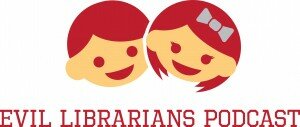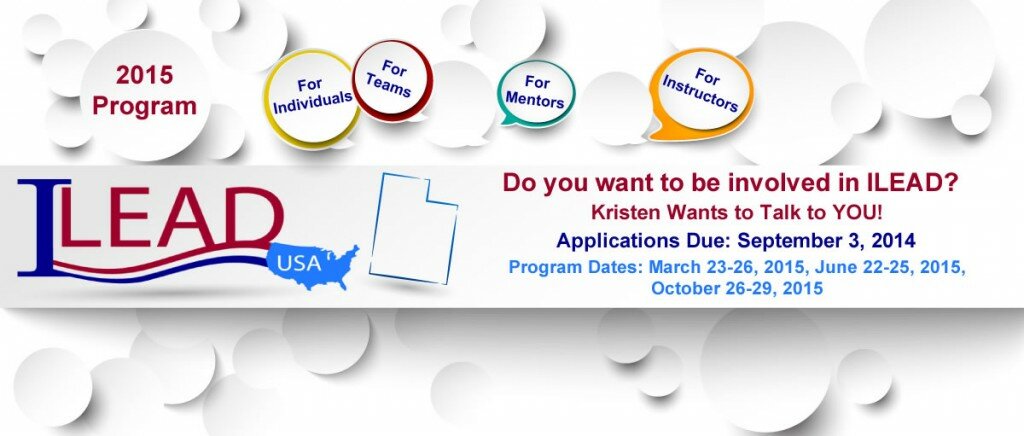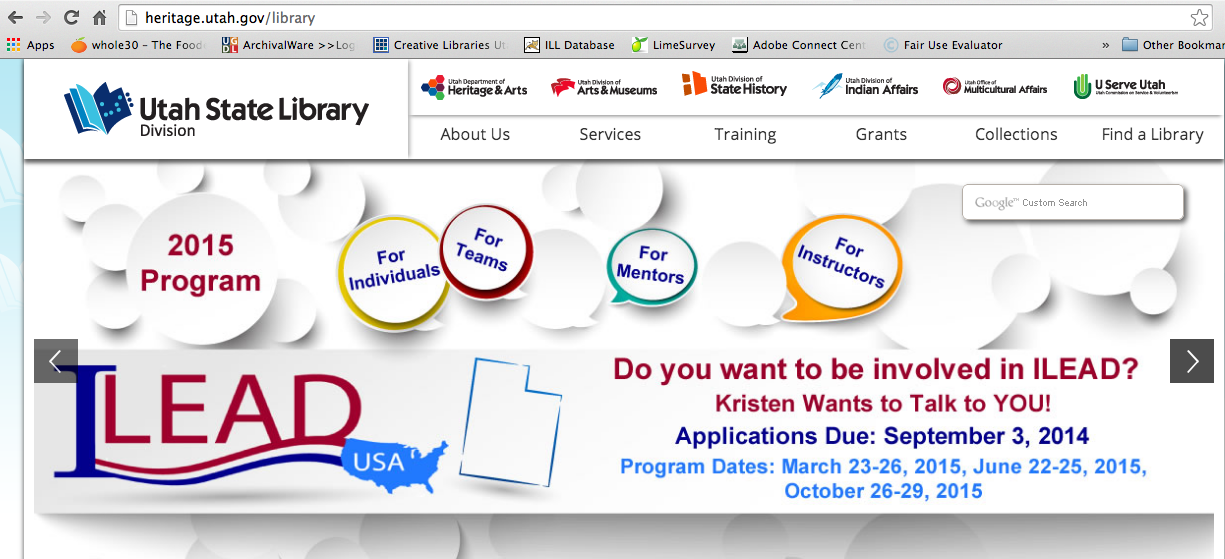By: Tegan Davis, Eagle Valley Library District, PR Librarian
Why are you a librarian?
This question was proposed to the 90+ librarians attending Lead the Change; after watching a short clip of Simon Sinek explaining the ‘golden circle’ and our brain’s neocortex and limbic systems response to it. We were instructed to write our ‘Why’ on a sticky note and put it on the conference room wall. Here’s what I wrote: ‘To serve and to assist in dreams becoming a reality’.
This is why I’m a librarian: to serve my community in whatever capacity I can and to assist my community in making their dreams a reality. I want to be of my community and librarianship is about building relationships and assisting in growth.
Lead the Change came right after I completed my final module for Leadership Park City (Class XX) with guest speaker Walter C. Wright, Jr. (He proposed 8 questions, which I’ll get to.) Mr. Wright stated a correlation between leadership and mountaineering in that—“like it or not we’re all tied together” on the same rope. To lead requires at least one follower; thus, leadership is about a relationship between two people—one who seeks to influence and one who chooses to be influenced. Yet, as with any relationship, they both will influence and be influenced by each other.
How does this effect an organization or a mountaineering team?
In that the decisions the leader makes based on the leader’s values have a ripple effect throughout an organization (from administration to front line staff) or a mountaineering team (from the first to the last person on the rope). It’s not just about the summit—toxic leadership, which has adverse effects on staff and their morale; the organization and short and long-term performance of the organization. A great leader is focused on the trail they leave behind for their team:
“The values and integrity of leadership shape the relationships of trust and respect that enable collaboration and cooperation in any organization. Character matters!” –Walter C. Wright, Jr.
Mr. Wright proposed 8 questions to be answered in order to get your bearing on your values as a leader and as a follower (who do you want to be on a rope with?).
The 8 questions:
What’s the single most important thing in life to you?
What do you want to be known for?
At this point in life, what do you want to learn?
What gets you up in the morning?
What makes you weep?
What are you good at?
With whom in the day do you laugh, play, and weep with?
What’s your exercise program?
These questions are not always easy to answer; for example, a fellow Leadership Class XXer shared the eight questions during a staff meeting. The response: staff yelled, discussed shortfalls, and some people started crying. All the more reason to answer these questions!
What’s your ‘Why’ and ‘8’? What’s your organization’s ‘Why’ and ‘8’? Figuring these out will help you as a leader, as a follower (finding organizations or leaders that align with your values), and in engaging with your community by articulating the ‘Why’ and ‘8’.





